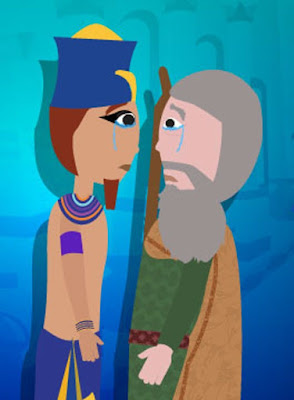What is Christendom? Constantine & Donald Trump
The name that was given to the church as it entered the “new age” of non-persecution was Christendom, or the Constantinian era.
It is given this name because it was Constantine that began this shift early in the third century. It is also given this name because “most of it's
history the church has lived in this Constantinian era” González (p. 131)
Christendom was a new occurrence in the life of the church. It was the first time in its existence that it went from persecuted to prominence in the culture.
This lack of persecution caused the church to experience many changes in the way that its members were treated, and this had both positive and negative effects.
For one, the Christian church now, as ironical as it is, had something to lose. Christians who were once ready to give their lives to follow Christ found it harder to give up their newfound conveniences.
It is stated that even though Constantine had “Repeatedly, even after his conversion, he took part in pagan rites” and that the “bishops raised no voice of condemnation.” González (p. 138)
The Christians had begun to feel the effects in the lack of doctrinal purity, but because of this new prominence, they had become unwilling to rock the boat.
Another way that this change negatively affected the church
is that they became emboldened in their bitterness toward that pagan world.
“There is ample evidence of violence committed by Christians against pagans,
and of pagans’ resistance to the new order.” González (p. 142).
The once that once had been known for their love and compassion in persecution, were becoming known for their hatred and vitriol to their neighbor. Those that claimed to have been bought by the blood of Christ were determined to make their persecutors pay.
Although there were negative things, Constantine's changes were not without its benefits.
For one the church was no longer strained against but
found it easier to function in society. Where meeting together once was done in
secret, in homes, there were now “tax exemption for church properties” and
“bishops came to have judicial powers,” González (p. 142).
The overarching effect of this that we can still see in
the church of the 21st century, and quite clearly in the American
church is the mix between pagan and Christian.
When Christian people and organizations have a sense of power in the culture, they will many times allow this to “link-arms” with those outsides of orthodoxy in order to maintain this power.
In recent days the American church claimed “moral majority” as their main descriptor. This has caused the message of the gospel to become secondary to that of morality and comfort.
This is pointed out in a very clear way as Gonzalez states,
“When the church joins the powers of the world when luxury and ostentation
take hold of Christian altars when the whole of society is intent on turning
the narrow path into a wide avenue.” González, (p. 157)
It can become very easy for us living in this period to do
the same. To keep the peace with those around us we make it acceptable to do
anything, and believe anything, and still name the name of Christ if we agree
on political and cultural biases.
May we as a church return to the purity of the gospel!





Comments
Post a Comment